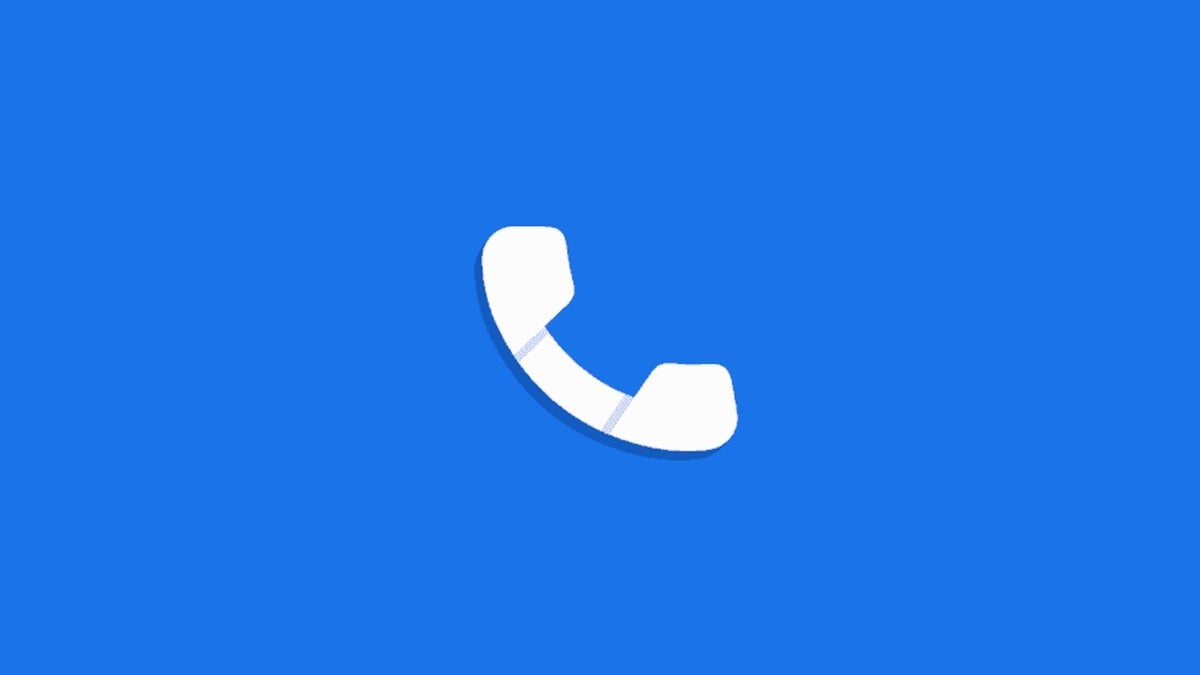Meta CEO Mark Zuckerberg emphasized Wednesday that his social media company faces stiff competition from TikTok, as Meta seeks to fend off accusations from the Federal Trade Commission (FTC) that it has a monopoly over social networking.
Zuckerberg, who has spent three days on the stand, said he considers TikTok the “highest competitive threat” for Facebook and Instagram in the past few years.
Meta’s lead attorney, Mark Hansen, pointed to a 2020 email from former Facebook executive Vijaye Raji, who described TikTok’s growth as “worrying” and lamented that the company’s strategy was “unfortunately not working fast enough.”
“While Reels V2 is aggressive and promising, we still have some concerns if it is sufficient to neutralize the threat,” Raji wrote of an early version of Meta’s short-form video format meant to compete with TikTok.
“TikTok in the US is a much bigger threat to our entire family of apps. And we need to put up a stronger assault,” he continued.
The FTC initially sued Meta in 2020, accusing the social media giant of seeking to eliminate competition and entrench its monopoly over personal social networking with its acquisitions of Instagram and WhatsApp.
Meta has argued that it does not have a monopoly, pointing to competition from other social media firms, such as TikTok, YouTube and X.
It contends that the FTC’s personal social networking market, which includes Facebook, Instagram and Snapchat, fails to take into account other competitors because of its focus on platforms that connect friends and family.
After about nine hours of questioning by the FTC over two days, Zuckerberg faced questions from Meta’s attorney Tuesday afternoon through Wednesday morning.
Hansen sought to highlight competition from TikTok and YouTube, while downplaying the FTC’s suggestion that Instagram and WhatsApp were bound for success prior to being acquired by Meta.
He pointed to Zuckerberg’s concerns about Path, a now-defunct social network, in 2012 — around the same time Meta was considering buying Instagram.
“I’m getting a bit more worried about Path,” Zuckerberg wrote at the time. “Out of all the new social startups, they’re the only one that goes right to the core of what we’re trying to do around identifying and friends sharing.”
“Theoretically, we could survive FourSquare, Quora, Dropbox, Instagram, etc growing quite a bit, but if Path grows and isn’t deeply wired into Facebook then that would be a big problem for us,” he added, while acknowledging Instagram was “probably next on the list.”
Zuckerberg said Wednesday that he viewed Path and Google+, Google’s now-defunct social network, as Facebook’s “direct competitors,” while Instagram was “more adjacent to what we were doing.”
He emphasized that he considered the Instagram acquisition as a “build versus buy analysis” for the company, whether to build its own products internally or to buy a company that had already built them.
“If you buy something … you are taking a potential competitor for that use case off the market and making it your bet in that space,” Zuckerberg said.
Hansen also sought to diminish Meta’s concerns about WhatsApp before its acquisition in 2014.
Several internal emails displayed by the FTC on Tuesday showed that Meta executives were concerned about the growth of mobile messaging apps, like WhatsApp, in 2012 and 2013 and the potential for these apps to develop more social networking capabilities.
However, Hansen on Wednesday pointed to a 2012 email from Zuckerberg after a meeting with WhatsApp founder Jan Koum, suggesting Koum had no plans to expand the app’s capabilities beyond messaging.
“I found him fairly impressive although disappointingly (or maybe positively for us) unambitious,” Zuckerberg wrote at the time.









